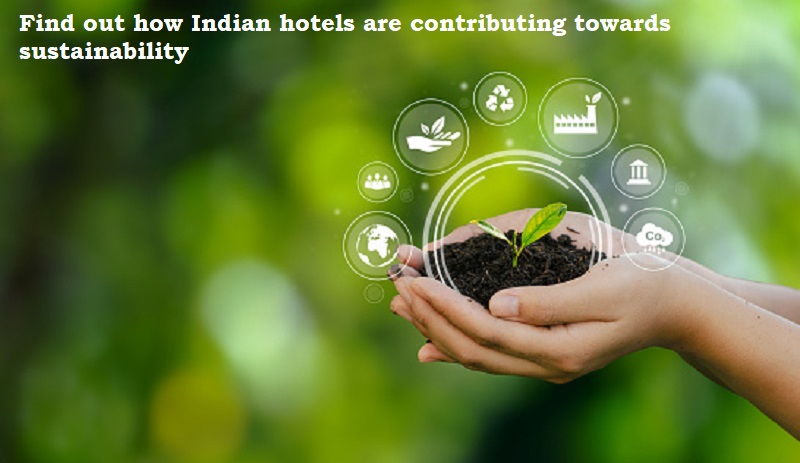
A report released by UNWTO/ITF in December 2019 at UNFCCC COP25 showed that tourism-related CO2 emissions will increase by 25% by 2030. The report also states that the hospitality industry is responsible for 1% of global greenhouse gas emissions, and energy consumption by hotels is expected to grow by 19% in the next ten years. Post-COVID-19, the increase in tourism has led to additional pressure on resources and the environment, making it imperative for the hospitality industry to adopt sustainable practices.
The hotel industry is one of the largest consumers of resources, including energy, water, and non-renewable materials, and its impact on the environment can be significant, with high levels of energy consumption, water usage, and waste generation. By implementing sustainable practices, hotels can reduce their environmental impact and contribute to a more sustainable future. Governments and international organizations are now imposing stricter sustainable regulations and guidelines, and violating these can lead to legal penalties and reputational damage. Sustainable practices can also lead to a competitive advantage, as consumers are increasingly choosing eco-friendly hotels.
Hotels are now taking sustainability seriously, with many adopting eco-friendly practices. For example, Spice Village, Thekkady, a CHH Earth property, has cottages made with 100% natural materials and furniture made with recycled wood. The village is plastic-free, and they serve water in glass bottles.
The village uses paper made with bio-waste, and 250-400 kgs of food waste is turned into natural compost in their composting unit. The place is 100% backed by solar energy produced in-house. Similarly, at Pilibhit House in Haridwar, they promote sustainable foods like millets, use local spices to reduce carbon footprint, and have kept no dustbins in the cafeteria.
They strictly follow the ‘Take All You Can Eat, But Eat All You Take’ concept for both in-house and external guests. They also pursue a no plastic bottle policy at the hotel and have taken up the responsibility of cleaning ghats, controlling waste material, and maintaining clean water of the Ganga on a daily basis. The hotel also participates in Earth Hour for energy conservation.
Raffles Udaipur, since opening its doors, has implemented sustainable efforts to make their property a minimal waste one. They use zero carbon emission battery-operated boats to transport guests to and from the Raffles Lakeshore.
Their beverage program aims to generate as little wastage as possible by utilizing every ingredient entering the Long Bar and The Writers Bar in its entirety, keeping food waste to a minimum. The kitchen’s ‘waste’ of fruit skins, pulp, juices, and anything else that usually goes to waste is responsibly collected and upcycled into beverage ingredients to maximize product use.
The bar grows hydroponic herbs to use in cocktails straight from the pot. Self-grown herbs such as mint, basil, coriander, curry leaves, and edible flower varietals act as the base of the beverage program. Additionally, these are fertilized with used coffee grounds from the property itself.
The beverage program entirety relies upon produce that is as close to the Raffles island as possible, with a special emphasis on Udaipur’s local vendors.

Post Your Comments